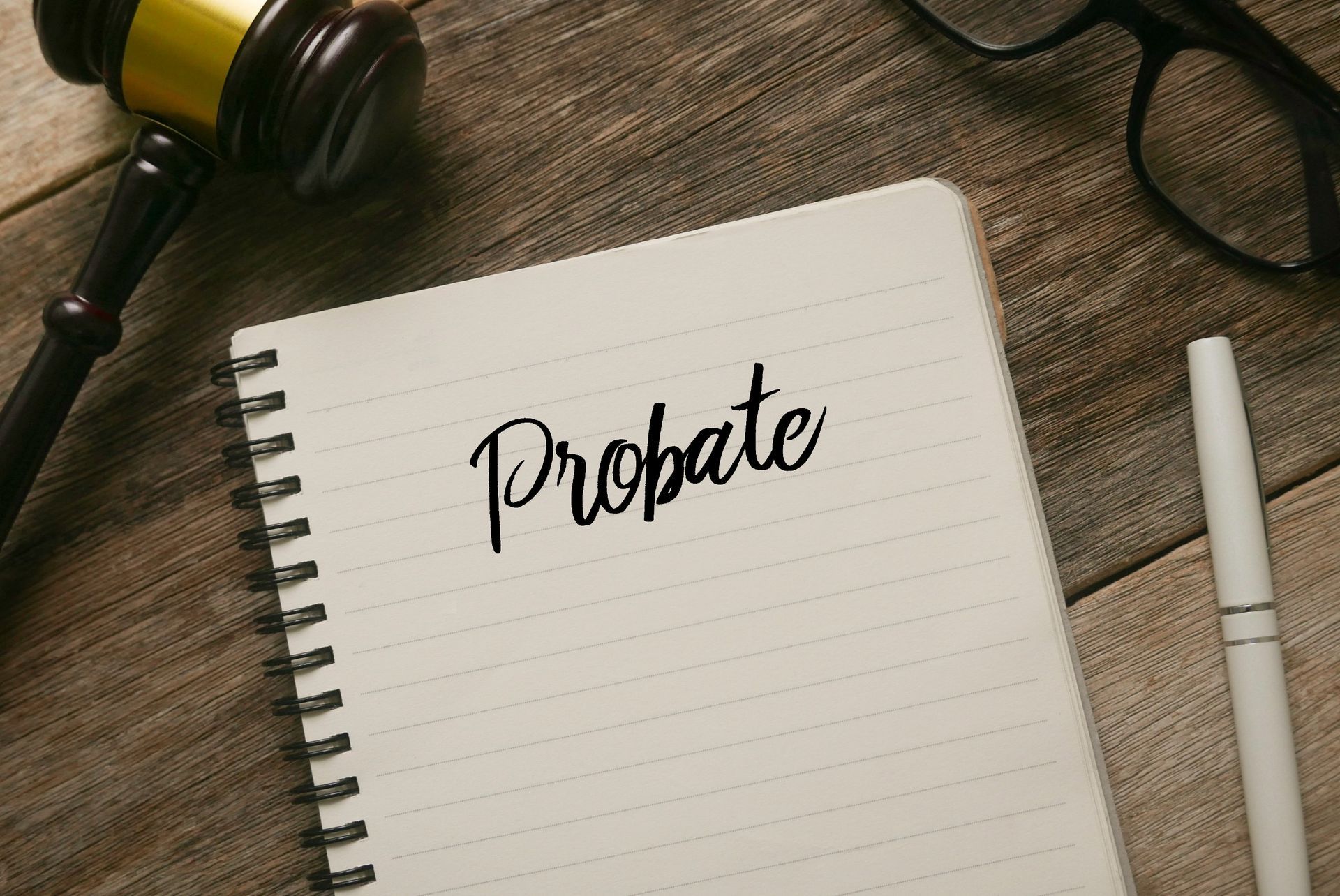30 Apr, 2024
Elder law is a crucial field that focuses on the legal needs of seniors and their families, encompassing a range of issues from estate planning and healthcare to guardianship and retirement. As an attorney practicing in this specialized area, it is imperative to approach elder law with a blend of compassion and expertise. Here are key considerations and strategies for effective elder law planning from an attorney’s perspective. Understanding the Scope of Elder Law Elder law is diverse and multifaceted, primarily involving: Estate Planning and Administration : Helping clients draft wills, manage trusts, and navigate probate processes. Healthcare Planning : Including long-term care planning, Medicare and Medicaid planning, and advanced directives. Financial Representation : Guiding seniors through financial planning, tax issues, and asset protection. Guardianship : Assisting in appointing legal guardians to make decisions for those who no longer can do so themselves. Elder Abuse Protection : Providing legal recourse for seniors facing physical, emotional, or financial abuse. Each of these areas requires a deep understanding of the law, a sensitivity to the emotional aspects of aging, and a proactive approach to avoid potential legal complications. Proactive Planning The cornerstone of elder law is proactive planning. Waiting too long to establish a comprehensive legal plan can lead to significant hardships, especially as mental and physical faculties may diminish with age. Here are essential strategies for proactive planning: Early Discussion : Encourage clients to start discussions about their future needs and wishes while they are still fully capable of making decisions. This includes discussing living wills, power of attorney, and healthcare proxies. Comprehensive Reviews : Regularly update and review legal documents to ensure they reflect current laws and personal circumstances. Changes in family dynamics, financial situations, and legislation can impact existing plans. Holistic Approach : Integrate legal advice with financial and healthcare planning, providing a more comprehensive service to meet all of a client's needs. Legal Tools for Effective Elder Law Planning A variety of legal tools can be employed to ensure that a senior’s legal affairs are in order: Wills and Trusts : These documents are essential for asset distribution and estate management after death. Trusts, in particular, can also help manage assets during a client’s lifetime, potentially avoiding the need for probate. Durable Power of Attorney : This allows a trusted individual to manage financial and legal matters if a client becomes incapacitated. Advanced Healthcare Directives : Also known as living wills, these specify a client’s wishes regarding medical treatments and interventions in scenarios where they cannot make decisions themselves. Guardianships : When seniors can no longer manage their affairs, a guardianship may be necessary to legally appoint someone to make decisions on their behalf. Challenges and Ethical Considerations Practicing elder law also involves navigating ethical considerations and potential challenges: Capacity Issues : Determining a client’s capacity to make decisions is a complex issue that requires sensitivity and expertise. Family Dynamics : Dealing with the client’s family members can be challenging, especially when conflicts arise over inheritance issues or caregiving responsibilities. Elder Abuse : Attorneys need to be vigilant about signs of abuse and understand the mechanisms for intervention and protection. Elder law is a rewarding but challenging practice area that demands a specialized understanding of the law along with a compassionate approach to client relationships. By engaging in thorough planning, utilizing the right legal tools, and addressing the unique challenges of aging, attorneys can provide invaluable support to seniors and their families, ensuring dignity and security in their later years. This not only helps safeguard the legal and financial interests of the elderly but also upholds their wishes and autonomy as they navigate the complexities of aging.








